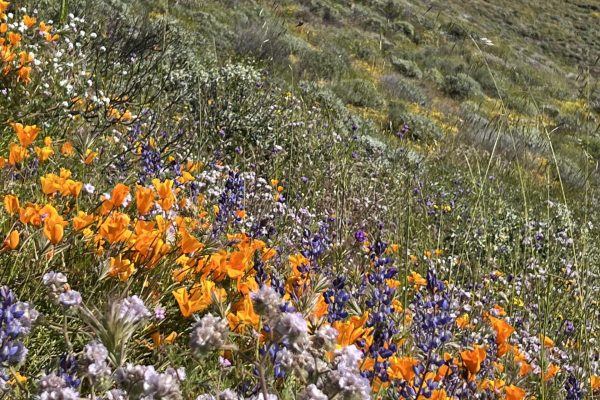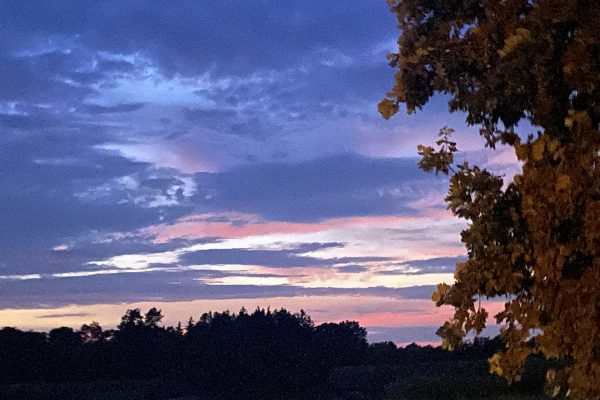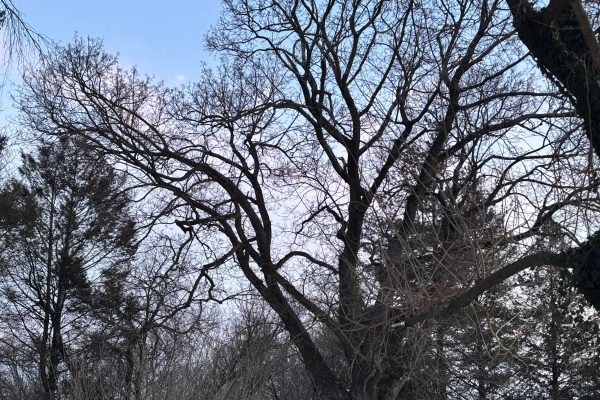Today is the 42nd Day of the Omer – Malkhut sh’beYesod. Yesod is traditionally seen as the sefirah that engages in the transmission of divinity to the earthly realms. Malkhut, on the other hand, is traditionally seen as the sefirah that embodies God’s presence, Shekhinah, in and of the earthly realms themselves. When we ask God as Yesod, the Divine Giver, to bless us, we must also ask ourselves to bless God as Shekhinah, the Divinity that is the World and One Another.
This song may also be used for kabbalat Shabbat, when the Shekhinah is welcomed as the Shabbat Bride, and for other prayer services and rituals.
Kol tefilati, kol tefilati
Lo rak li, lo rak li eileh la’Shekhinah
Hakol sh’adam tzarikh, gam hi, gam hi
Hakol bah, hatov va’ra, v’hi niftza’ah
Hi niftza’ah, tefilati lah
Simi shalom tovah uv’rakhah ba’olam
Hen va’hesed, hen va’hesed v’rakhamim
Aleinu, aleinu, v’al kol Yisrael amakh
V’al atzmekh, v’al atzmekh Shekhinah
V’al atzmekh, v’al atzmekh Shekhinah
May the words of my mouth and prayers of my heart
Not be for me, not be for me, but for the Presence
Everything that we need, only reflects a greater need
Of all the world, it’s all in her, she isn’t perfect
She isn’t perfect, may our prayers move us to fix it
Simi shalom tovah uv’rakhah ba’olam
Hen va’hesed, hen va’hesed v’rakhamim
Aleinu, aleinu, v’al kol Yisrael amakh
V’al atzmekh, v’al atzmekh Shekhinah
At hi ezri, ve’ani ezrakh, Shekhinah
The second verse is a rough translation of the first verse. The chorus translates to, “Make peace, goodness, and blessing in the world, grace and kindness and compassion, on us and of all of Israel Your people, and on Yourself, Shekhinah.” The final line translates to, “You are my help, and I am Your help, Shekhinah.”
Music and verses by Hannah Spiro (found on the album “It Is Upon Us“). Hebrew adapted from traditional liturgy.











